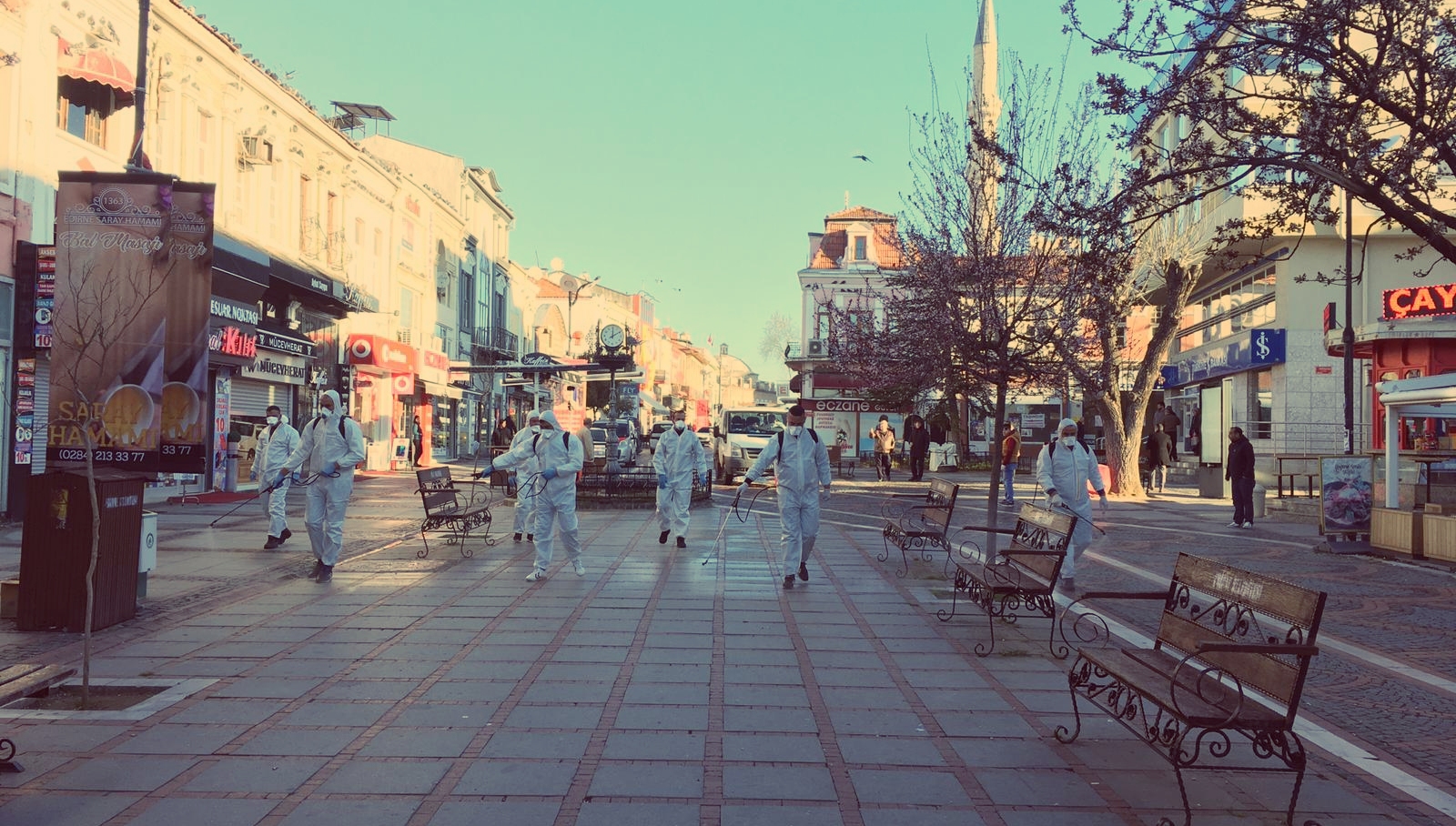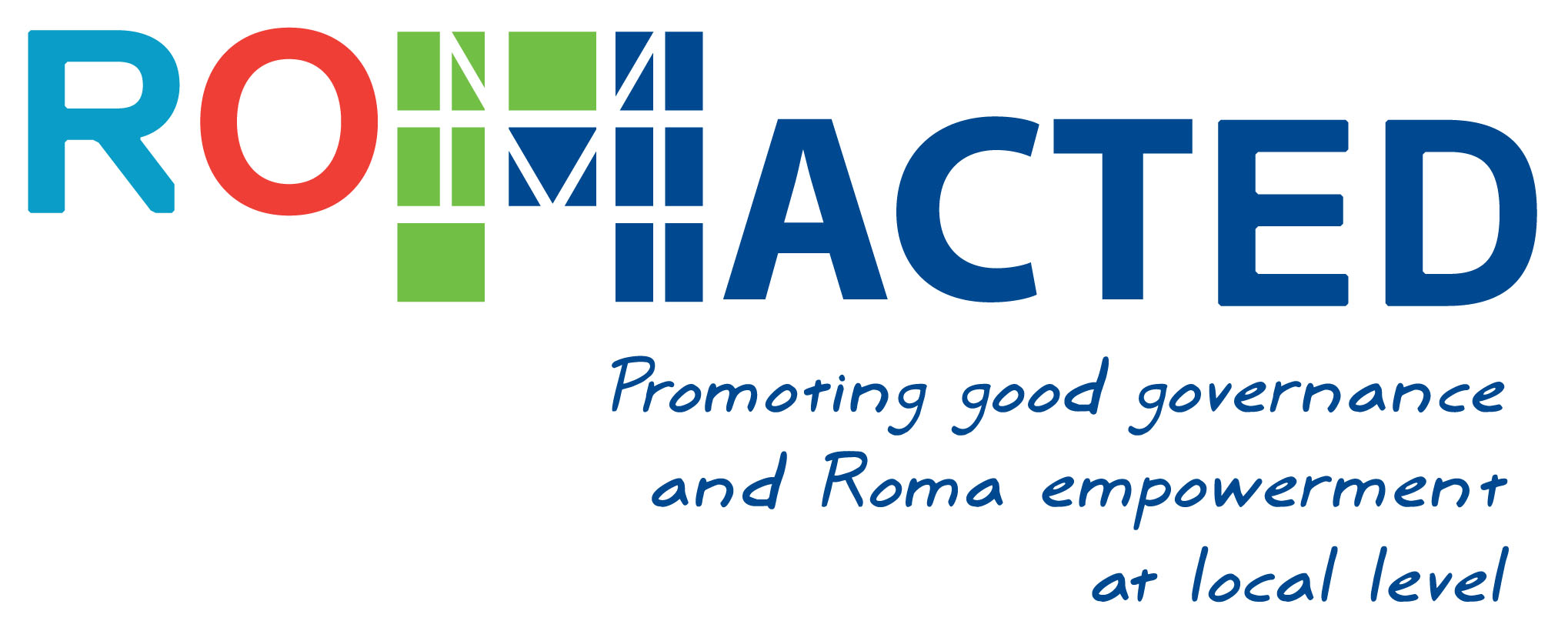In Turkey, the first official positive case of COVID-19 was announced on 10 March 2020. Shortly after, schools were closed and education systems switched to distance learning while teleworking was recommended for those who were able to work from home. Public areas and many businesses have been closed with domestic and international travel also being restricted. While the lockdown is constantly being reinforced for all people under 20 and over 65, intermittent lockdown rules have also been imposed for individuals between 20 and 65. As a result, for Roma who deal with precarious and unstable daily jobs (such as paper and scrap collecting, floristry, peddling, cleaning, seasonal agricultural labor and entertainment jobs) , the struggle for survival has become even harder.
Roma live in precarious housing conditions where physical isolation is not possible and diets can consist of inexpensive, low-nutritional but highly calorific foods. Power cuts and a lack of water supply in many neighbourhoods means that Roma are unable to meet adequate hygiene measures and it within this context that the ROMACTED support team took action to mitigate the worsening conditions.
ROMACTED facilitators and Community Action Group members, which operate in five different cities/municipalities in Turkey, began to mobilise solidarity networks in close partnership with local authorities, in order to provide support to families in need throughout the pandemic. Municipalities started to implement a new management model, called “crisis municipalism”, which based itself on social solidarity at local level - the “crisis municipalism” model tries to develop fast solutions to problems that arise using municipality resources.
In the Konak district of Izmir, 6,587 food and hygiene packages, as well as cash assistance, were provided to 10 Roma neighborhoods- a co-operative effort that included Izmir Metropolitan Municipality, Konak Municipality, Konak Red Crescent, Izmir Social Assistance and Solidarity Association, Izmir Roma Association and the ROMACTED facilitator.
Edirne Municipality has taken various measures including assigning three members of the ROMACTED Community Action Group, together with 200 staff to its crisis municipality model. These measures range from disinfecting neighborhoods to distributing humanitarian aid and post-pandemic planning. So far, Edirne Municipality has provided 4,000 food packages, 350,000 masks and disinfectant gel packages, 15,000 diapers, 2,700 patient diapers, 1,000 women's pads and 50 boxes of baby food to eight Roma neighbourhoods.
In the Canik district of Samsun, Canik Municipality and Samsunspor Football Club distributed a total of 950 food packages, in close collaboration with the ROMACTED facilitator.
In the Karadeniz Eregli district of Zonguldak, Karadeniz Eregli Municipality has continued to provide emergency aid packages,including food, disinfectants and masks produced by the municipality. These essential items have been already distributed to 30 households, which were previously identified by the Community Action Group members. Eight people were also provided with cash assistance by the Canik Social Assistance and Solidarity Foundation.
In the Şişli district of Istanbul the Roma community fights against the COVID-19 pandemic by demonstrating solidarity among themselves while the mukhtar (head) of the Roma neighbourhood distributes free bread.
The COVID-19 pandemic clearly reveals the discrimination faced by Roma and exacerbates their financial and socio-economic challenges. Therefore, it is vital to ensure that Roma can have immediate access to food, hygiene products, and water throughout the COVID-19 pandemic crisis and for these issues to be further discussed when the pandemic slows or comes to an end. It is essential to implement holistic and permanent policies that take into account the needs of Roma to improve their living conditions, to provide access to basic rights and services and to strengthen the community.


